Zettai Ryouiki asked the other day about the Lyn character from the Game Boy Advance Fire Emblem game:
In Fire Emblem: Rekka no Ken for the GBA, known as just “Fire Emblem” in the West, Lyn the main girl was apparently changed in the English translations to have an “action-y” personality, while she was more of a sweet country gal in the original. However, I’ve never seen any lines or proof of this statement.
Could you shed some light on this, Sir Mato?
This is actually the only Fire Emblem game I’ve ever put serious time into (although I never finished it because I didn’t want anyone to die ever…) so this is right up my alley!
Now, I’ve only checked her text during the beginning part of the game, but it appears that in Japanese she talks with just a standard speech style. It’s not really a “sweet country gal”, it’s more or less just normal, nice talk. I suppose some of her lines do have the feminine sentence-ending particle わ, but again that’s pretty standard for this sort of character and context.
In the English version of the script, she tends to talk in a “ye olden times” style about half of the time. Here’s an example:
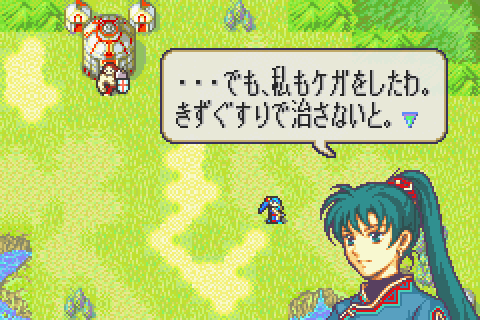 | 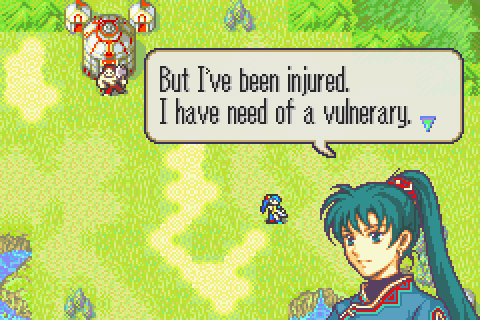 |
Translated, this is something like this:
| Literal translation | Official translation |
| …But I’ve been hurt too. | But I’ve been injured. |
| I better heal myself with some ointment. | I have need of a vulnerary. |
As you can see, the official translation has an older, stiffer vibe to it. In Japanese, it’s a little closer to how someone might talk in real life and stays in line with standard Japanese entertainment fare.
Here’s another example:
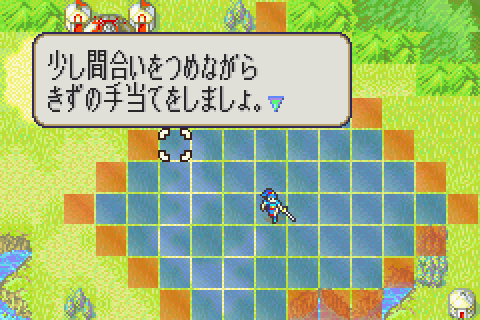 | 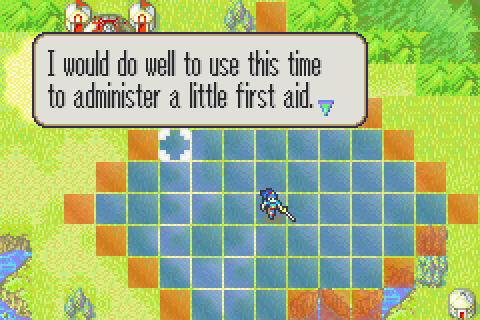 |
Translated, this is something like:
| Literal translation | Official translation |
| Let’s treat my injuries while closing in on him a little bit. | I would do well to use this time to administer a little first aid. |
It’s hard to convey it well in English, but in Japanese she speaks in a pretty standard, polite way. In the official translation, that’s not really the case.
One last example!
 |  |
Here, she pretty much asks in Japanese, “What land/where are you a knight of?” As you can see, the English version takes the simple sentence and does its own thing.
Actually, this sort of change is what localization and translation polishing is all about – making bland translation sound better. So I don’t feel the changes here are terrible or anything – in fact, from what I could quickly tell, it sounds like this speech style thing was applied to EVERYTHING in the English release, not just Lyn’s speech. I think the only problem this approach really poses is that in the Japanese version I’m sure there are characters who legitimately talk in ye olde style, so now this unique trait won’t be unique at all anymore.
Also, from what I can tell, this new text “flavor” was either added in afterward, by an English editor who punched up the initial translation, or was translated using what I like to call “reverse translation”, which is something I’ll write about in a future article. From what I can tell, NOA’s Treehouse has editors for this specific purpose, so it was probably the former that happened.
Anyway, hopefully that helps clear things up a little bit. Admittedly, I only played the first 10 minutes or so of the Japanese version, so maybe Lyn starts to genuinely talk with a rural accent later on. I doubt it, but anything’s possible in these games 😛
If you have any lines in games or whatever else that you’d like me to take a look at sometime, let me know in the comments or contact me!


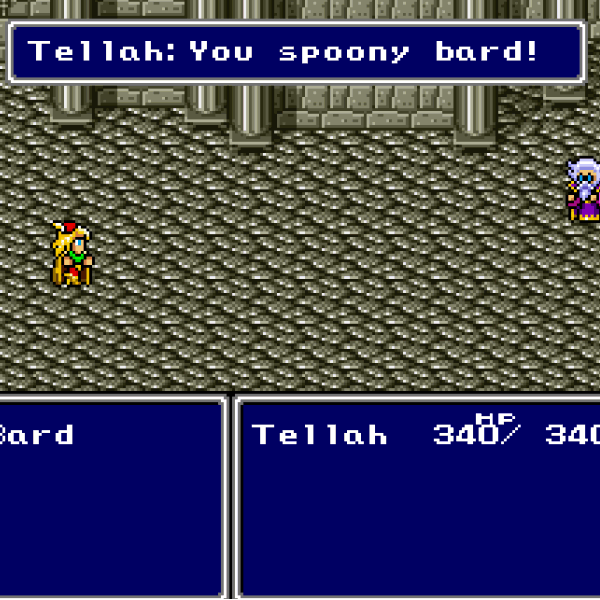

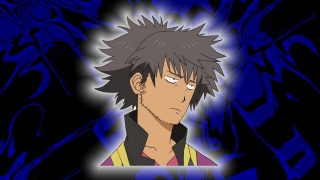
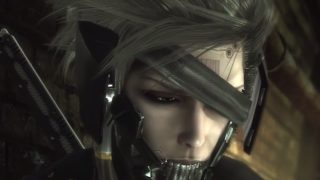
Thank you very much!
I want to suggest the GBA translation of Final Fantasy V, but that would pretty much require its own article! I know it’s not true to the original Japanese script and has many embellishments, but I’m curious about your opinion of it. Unlike FF4, I actually really enjoyed the GBA translation of FF5, but it does get a little off the wall at times.
I’m also curious if it was a true retranslation or if it was based on the PSX translation, since none of Square’s other SNES-era games got retranslations for their ports, just touch-ups, with the exception of FF4 DS.
There is something I’ve been wondering about regarding the NES game, The Adventure of Link. In one of the towns (I forgot which one) you’ll find a man who famously said “I am Error”. I want to know what he said in the Japanese version because I heard that his name is different from the English version.
This has been explained many times on the internet. Error is indeed the guy’s name in the Japanese version. In another town you will encounter someone called Bagu. This is his romanized Japanese name, if you transalate it to proper English his name is Bug. The translators simply didn’t pick up on it (or they were Japanese who didn’t know how the word sounds in English). These two have a theme naming going on, related to programming.
Ah, I see. Er, thanks for explaining it.
Hey MT, did you intend to make an article for this?
http://youtu.be/DgHXC5k-Vu4
I did, it’s right here: http://legendsoflocalization.com/qa-resident-evils-jill-sandwich-in-japanese/
On the subject of Fire Emblem, I understand that several characters’ names and, for some reason, the name of the final chapter were changed between the European and American versions of Fire Emblem: Shadow Dragon for DS. I think there were similar changes to some of the other games, too. The main thing is that everything except these random names and such stayed the same between the different translations, and I’m curious as to why. Since it’s just names, do you think you might be able to give some insight into this?